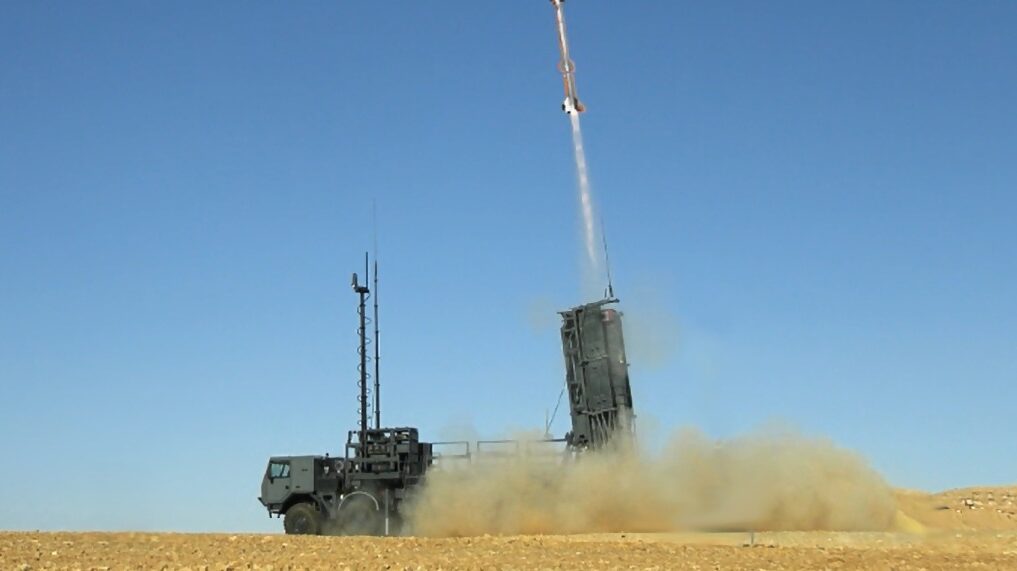
TEL AVIV — A number of European nations are in active negotiation to purchase the Rafael Spyder air defense system, designed to intercept short-range ballistic missiles, sources tell Breaking Defense.
The interest in the Israeli-made system is being driven by Russia’s use of ballistic missiles in Ukraine, as well as reports that Moscow is looking to import more weapons from Iran. According to Israeli sources, there are negotiations at different levels with Belgium, Bulgaria, Hungary, Poland and Romania currently underway.
“Some of these countries will soon send experts to Israel to see the systems with its improved capabilities,” one of the sources said. However, no deals have been consummated and those countries could still turn to other plans.
Even if no deals come from those five nations, the interest in Israeli-made air defense systems appears to be growing thanks to Moscow’s ongoing use of drones and ballistic missiles against both military and civilian targets in the Ukraine conflict. A second source told Breaking Defense that interest in Israel’s short and medium range air defense systems are now “at a peak.”
The Spyder system has previously been exported to the Philippines, Vietnam, India, Singapore, Czech Republic, Georgia, and, according to unconfirmed reports, to some Gulf states. That the systems have already been procured by two European nations may help encourage other Europeans to get on board, as there is a greater push for interoperability among air defense systems on the continent.
The Spyder system has gone through upgrades in recent years with an eye on making it more relevant for tactical ballistic missiles. According to a company statement, the upgrades “involved researching and analyzing the lessons learned from recent and ongoing armed conflicts involving extensive use of tactical ballistic missiles.”
If European nations are interested in an alternative, the Israel Aerospace Industries (IAI) Barak LRAD system has similar capabilities to Spyder, with 360 degree coverage and a focus on short-range ballistic threats. And there is already hunger for larger Israeli defense systems in Europe, with Germany closing in on an agreement to purchase the Arrow 3 system as part of its broader efforts to create a pan-European air defense network.
RELATED: Germany’s interest in Arrow 3 could presage European defense bonanza for Israel
However, one country that may not be in line to get Israeli systems is the one that would like them the most: Ukraine.
Despite repeated requests for Kyiv, Israel has refused to share its air defense systems with Ukraine, as Jerusalem tries to balance the relationship with Russia. Staying militarily neutral is seen as a way to maintain Moscow’s tacit ok for Israeli strikes against Iranian targets inside Syria, mostly of shipments of Iranian missiles to be used by Hezbollah in Lebanon.
While there seemed to be public support building for greater ties with Ukraine after Russia began using Iranian-made weapons to bomb Ukrainian cities, the newly-elected right-wing government in Jerusalem now appears headed in the other direction. Newly installed Israeli Foreign Minister Eli Cohen made an early call to his Russian counterpart a priority upon taking office, and indicated that Israel would stop verbally supporting Ukraine — raising red flags among Ukraine’s supporters, and serving as yet another sign that Kyiv should not hold its breath for access to Israeli-made weapons technology, even as Israeli firms attempt to cash in on its neighbors.

